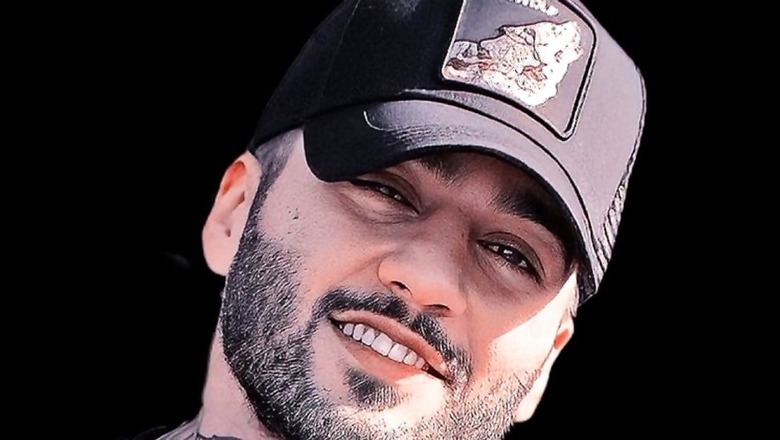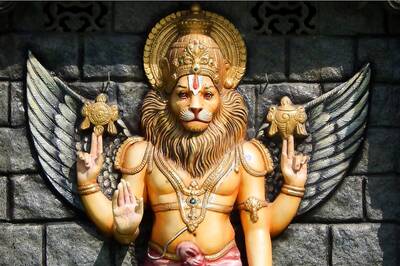
views
An Iranian court has reportedly handed down a death sentence to rapper Toomaj Salehi, who has been imprisoned for over eighteen months for his support of the nationwide protests following the death of 22-year-old Mahsa Amini.
“Branch 1 of Isfahan Revolutionary Court… sentenced Salehi to death on the charge of corruption on Earth,” the singer’s lawyer Amir Raisian said, quoted by the reformist Shargh newspaper.
The court “in an unprecedented move, emphasised its independence and did not implement the Supreme Court’s ruling”, the lawyer said, adding that “we will certainly appeal against the sentence”.
Amini, an Iranian Kurdish woman, was apprehended by Tehran’s morality police for an alleged violation of the stringent dress code imposed on women in the Islamic republic. In the wake of Amini’s death on September 16, 2022, Iran experienced months of turmoil, resulting in the deaths of hundreds of individuals, including dozens of security personnel, and the arrest of thousands more.
Iranian authorities characterized the protests as “riots” and attributed the unrest to foreign instigation from Tehran’s adversaries. At least nine men have been executed in protest-related cases involving killings and violence against security forces,.
Who Is Toomaj Salehi?
Toomaj Salehi, aged 33, has been voicing his opposition to the Iranian regime through his music videos. Salehi’s songs voiced support for the protests that swept across Iran in 2022 after Amini’s death.
In one of his popular songs titled “The Mouse Hole,” Salehi directly addresses individuals who collaborate with the Islamic Republic, cautioning them to seek refuge as they will soon face repercussions for their actions. The lyrics include lines such as “corporate journalist, cheap informer, court artist, buy a mouse hole”, ABC News reported.
The Revolutionary Court had accused Toomaj Salehi of “assistance in sedition, assembly and collusion, propaganda against the system and calling for riots”.
Salehi was detained in October 2022 after he openly expressed his support for the series of protests that began a month earlier. He was freed on bail on November 18, 2022 after the Supreme Court had found “flaws in the initial sentence” of six years in prison. The rapper was rearrested less than two weeks later. He was also arrested in 2021 and later released for songs denouncing the government.
Salehi has been accused of spreading “lies on the internet” and “propaganda against the state” as well as inciting people to violence and “having formed and managed illegal groups with the aim of disrupting security in cooperation with a government hostile” to Iran.
Iran’s Crackdown Continues On Those Breaking Dress Code
After Amini’s death, a growing number of women began appearing in public across the country without adhering to the dress code and the morality police had kept a low profile. However, since April 13, Iran’s police have started to toughen controls on women who ignore the rules by deploying patrol vans on main Tehran squares, according to local media.
The media reported that police in the capital had launched a campaign codenamed “Noor”, the Persian word for light, in their efforts to double down on those who break the dress code, known as hijab, which makes it mandatory for women to cover their hair and bodies in public places.
In an effort to tackle those breaking hijab laws, the authorities have also shut cafes and restaurants where the wearing of the hijab was not respected.
(With inputs from AFP)

















Comments
0 comment